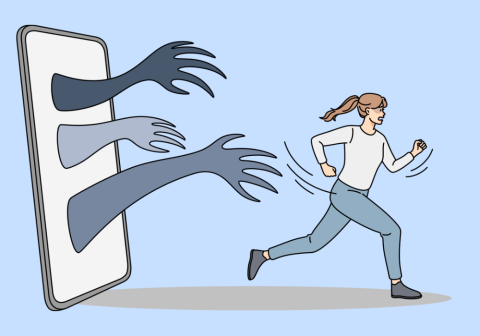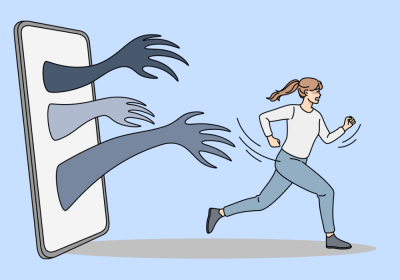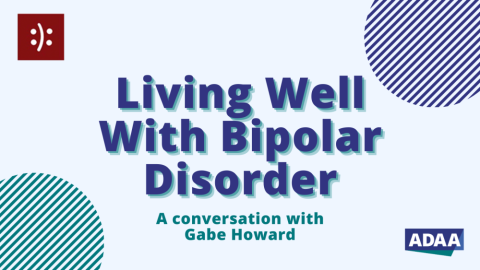Attending school presents students with opportunities to develop academic skills along with social skills that will follow a student throughout life. For a student who has OCD, symptoms can present barriers to social development.
- A student who demonstrates compulsive behavior may be perceived as different or may be ridiculed as crazy, causing embarrassment or increased stress.
- Students who hide their compulsions may become agitated if interrupted, which can result in a harsh exchange of words and also lead to negative labeling.
- The stigma of mental illness can weigh heavily on a student who is the subject of gossip, name-calling, or whispering campaigns.
- Depression is a real danger for those who may become withdrawn and feel isolated from classmates. A student may withdraw from others who were previously friends as a way to avoid having to explain unusual behavior. Or the child may not have enough time to interact with friends and family because obsessions and compulsions consume so much time.
- Students may believe they are the only ones on the entire planet who could possibly experience such thoughts and the need to repeat certain actions.
- Some engage in compulsions that offend or bother other students, which can lead to bullying, shunning, and outbursts of shouting.
- Academic failure can affect friendships, sometimes causing friends to drop the student from their social set.
- Peer pressure to fit in may make life difficult, even one who successfully hides compulsions.
- Students often spend less time participating in social activities because to avoid contamination, which may prevent participation in contact sports. And they fear that participating in extracurricular activities will cut into the time they believe is needed for their compulsions.
- Those spending an extensive amount of time ritualizing outside of school have little or no time for friends, family, or social activities.
- Those who are physically and mentally exhausted by their obsessions and compulsions are too fatigued to participate in social activities.
- They know their rituals may look peculiar to others, so they may prefer to retreat from peers rather than risk social rejection, humiliation, or bullying.
Social Skills Impaired by OCD
In many cases, students who are struggling with OCD also have coexisting conditions that may affect their social skills. See Social Support Strategies
- Recognizing how others feel, uncertainty regarding how to respond to others
- Expressing their own feelings or choosing appropriate language to express themselves
- Generating ideas or using creative problem-solving techniques
- Figuring out how others will react to what they say or do
- Being flexible and reacting appropriately to situational changes
- Reigning in impulsivity
- Acting appropriately assertive, or being too aggressive for the situation
- Building friendships that last
- Feeling comfortable in the context of peers, teachers, and others.
Surviving Peer Pressure
Educators who recognize the vulnerability of students with OCD can make a significant difference in how their reactions to peer pressure. Bullying has become an increasingly disturbing concern. School personnel must be particularly attentive to ensure that a student with OCD is not the target of bullies. Researchers have found that of a group of students with OCD, ages 8 to 17, one-quarter experienced peer victimization significantly more than their peers without OCD. See Countering Bullying, Teasing, and Aggressive Behavior















